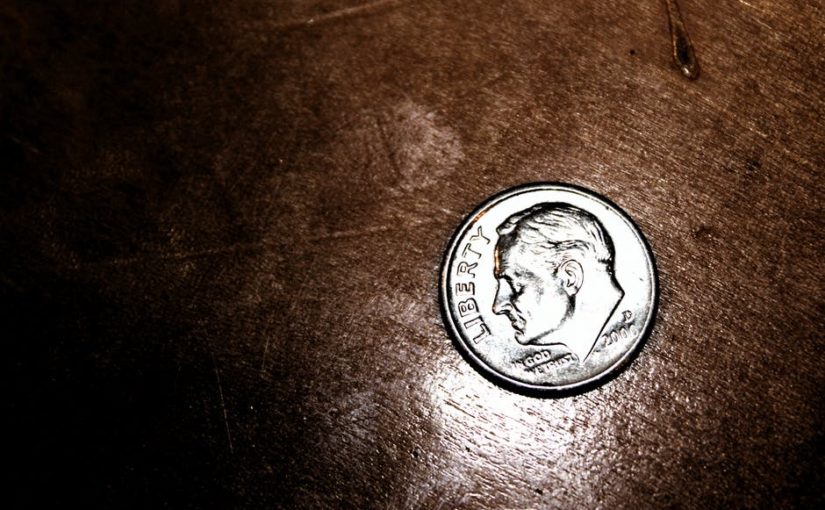Col. Pickering: “Have you no morals, man?”
Alfred P. Doolittle: “Nah, can’t afford ’em. Neither could you, if you were as poor as me.”
~ My Fair Lady (Alan Jay Lerner)
It creeps up in political debates or when you read the comments after an article about the atrocities going on worldwide or that took place in history: The idea that we’re better people because we know better.
We look with disdain at drug addiction, mental illness, domestic violence, thievery, racism, religious extremism, and the shedding of innocent blood. We shake our heads, click our tongues, and mutter, “God, I thank you that I am not like other people—robbers, evildoers, adulterers.”
It’s like we think we can take credit for what the Victorian’s called “good breeding.”
I have tried many a time over the years to imagine what type of person I would be if I was born in another country, family, regime, social class, or time period. I can imagine myself recreated a thousand times over, like the theory of parallel universes where in some worlds you’re better and in others much worse. But this can be overwhelming, so let’s start with something seemingly small. Consider your good manners:
Were you born saying please and thank you, putting others first, and observing the Golden Rule, or was social etiquette grilled into you by parents and teachers over the course of many years?
I can think of many examples from my own childhood in which my natural inclination was the wrong one, and someone had to correct me.
To share just one, my parents were looking after a mentally disabled man who needed 24/7 care and couldn’t speak beyond the odd mumble. One day he was trying to eat an ice cream cone and was making a mess, struggling to get it in his mouth. A mere child, I began snickering as I watched. Immediately filled with righteous indignation, my mother took me to another room and admonished me for my behavior. I was ashamed and sorry for what I had done. And from that time onward, my heart successfully softened, I was very careful how I treated people with special needs. Yet if my mother hadn’t reacted that way, if she’d ignored my behavior or even condoned it – what then?
 Victorian writers spoke of “good breeding” and the genteel class. These were carefully groomed and primed men and women of noble birth, who spent their childhoods being tutored in academia, learning perfect etiquette, proper English, how to draw, play musical instruments, and how to dress fashionably. In contrast to them were the tradesmen and laborers, the common people; many of which were illiterate. Then, as it still is today, those born into the upper class had access to incredible privileges that could only be dreamed of by the lower.
Victorian writers spoke of “good breeding” and the genteel class. These were carefully groomed and primed men and women of noble birth, who spent their childhoods being tutored in academia, learning perfect etiquette, proper English, how to draw, play musical instruments, and how to dress fashionably. In contrast to them were the tradesmen and laborers, the common people; many of which were illiterate. Then, as it still is today, those born into the upper class had access to incredible privileges that could only be dreamed of by the lower.
In his treatise on manners, Jonathan Swift said:
Continue reading Why pocket change is nothing to brag about

